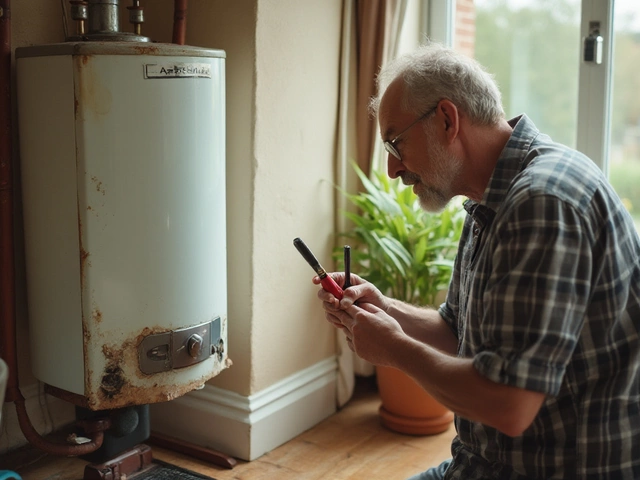Ever notice your bathroom fan getting noisy or not pulling air like it used to? That usually means it needs a little TLC. A clean, well‑kept fan stops mold, cuts down on humidity, and saves you from costly repairs.
Most homeowners should give the fan a once‑a‑year check‑up. If you steam up the room a lot – think long showers – do it every six months. Spotting dust, grime or a drop in airflow early makes the job easier.
1. Turn the power off. Switch off the light and unscrew the cover. If you’re unsure, flip the breaker for safety.
2. Remove the cover. Most covers snap or screw off. Pop it off and set it aside.
3. Vacuum the blades. Use a brush attachment to pull dust off the fan blades and motor housing. A can of compressed air works well for tight spots.
4. Wash the cover. Warm, soapy water does the trick. Rinse and let it dry completely before putting it back.
5. Inspect the motor. Look for any burnt smell or wobble. If the motor feels gritty, a quick spray of light oil on the shaft can smooth things out, but don’t over‑oil.
6. Re‑assemble. Screw the cover back on, turn the power on, and test the fan. You should hear a steadier, quieter flow.
If airflow is still weak, the duct might be blocked. Check the vent outside – clear any leaves, nests or debris. A clear path lets the fan do its job.
Sometimes the problem isn’t just dust. A humming motor, rattling noises, or a fan that won’t start at all usually means a part has worn out. Trying to fix electrical components yourself can be risky.
That’s where Bognor Regis Appliance Repair Experts step in. Our technicians know bathroom fans inside out and can replace motors, fix wiring, or install a new, more efficient unit.
Getting help early stops water damage, mold growth, and keeps your bathroom smelling fresh. Plus, we offer a quick response service for Bognor Regis residents.
So, give your fan a yearly clean, keep the vent clear, and listen for odd sounds. If anything feels off, don’t wait – call us and keep your bathroom ventilated the right way.

Wondering how often you should replace your extractor fan? This article covers extractor fan lifespan, signs it's time for a change, maintenance tips, and why fresh air matters.

Discover how long extractor fans last, what shortens their life, and tips to maximize their lifespan in your kitchen or bathroom. Practical, clear advice from real experience.

Wondering if you can flush your water heater yourself? Learn the step-by-step process, tools you'll need, and expert tips to extend your water heater's life.

Water heaters are essential in our daily lives, yet they often fail more quickly than expected. Understanding the common causes of these failures can help in preventing them. In this article, we delve into why water heaters often break down prematurely and offer practical tips on extending their lifespan. Regular maintenance and awareness of common issues are key to ensuring your water heater runs efficiently for years.

Extractor fans play a crucial role in maintaining the air quality of your home, yet often go unnoticed until issues arise. Regular servicing of extractor fans can prevent malfunction, improve efficiency, and extend the lifespan of the device. This article explores the importance of servicing extractor fans, signs that show when a service might be needed, and provides maintenance tips to keep these devices in tip-top condition. Learn how a well-maintained extractor fan can contribute to a healthier living environment.

Ever wonder if switching your boiler on and off harms it? This article unpacks how boilers handle frequent power cycles, what really wears them out, and when switching off could save you cash or cause problems. Find out the best ways to run your boiler for both safety and savings. Practical tips and real facts—all in plain English. Avoid costly repairs by knowing how to treat your boiler right.

Ever opened your freezer to find squishy ice cream or thawed food when it should be rock solid? This article digs into the real reasons your freezer refuses to stay frozen, from simple mistakes to sneaky mechanical fails. Learn how to spot common culprits, fix minor issues yourself, and know when things are actually serious. Packed with practical tips and straightforward advice, you'll get the cold facts and solutions you need. No jargon, just help you can actually use.